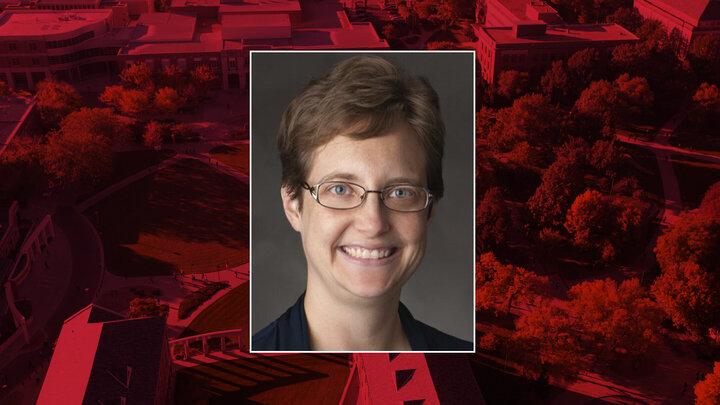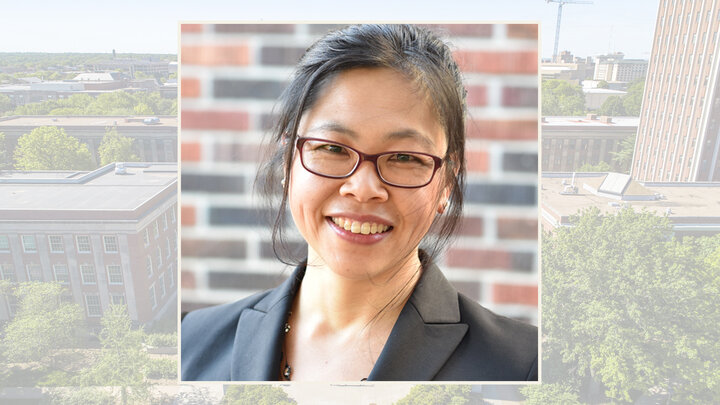Major: Environmental and Sustainability Studies
Minors: Mathematics, Spanish, Communication Studies
Hometown: Omaha, NE
Tessa is a senior environmental and sustainability studies major at the University of Nebraska-Lincoln, with a broad range of interests expressed through her minors in mathematics, Spanish, and communication studies.
She initially chose her major to explore environmental law. Once in the field of study, Tessa decided to stay because she felt it was a great program offering diverse career paths.
This spring, she conducted a research project titled “Effectivity of Secondary Metabolites Produced by Clonostachys spp. as plant growth promoters,” as part of her College of Arts and Sciences experiential learning opportunity.
While acknowledging that the title may sound scary, Tessa shares a simplified overview of her research.
“It’s really just about how we can use the chemical mechanisms of this symbiotic relationship plants have with the Clonostachys genus of root fungi in agriculture,” says Tessa. “This project is all about using ecological science thinking—thinking of fungi not as a problem, but as an important part of an ecosystem.”
She appreciated the opportunity to work with her faculty sponsor, Dr. Teddy Garcia-Aroca, in the Department of Plant Pathology. “He has been an amazing faculty advisor on this project every step of the way,” says Tessa.
In the Fungal Ecology Lab, Tessa’s tasks included isolating pure cultures from soybean endophytes and maintaining them in databases/collections, mapping and analyzing DNA sequences of pure cultures with large datasets and state-of-the-art bioinformatics, designing and carrying out experiments to test secondary metabolites from endophytic strains against plants and other microorganisms, hypothesis testing with newly collected datasets, writing reports and manuscripts, and presenting results at lab meetings and conferences.
Tessa shares that she became the “so-called expert” since she was the only person in the Plant Pathology department working on this specific system, which provided a great learning experience. Her research felt that much more impactful, and she gained significant knowledge and skills throughout the project.
“The research question spans multiple disciplines within biological sciences, including microbiology, biochemistry, plant pathology, and genetics,” says Tessa. “I have learned microscopy, bioinformatics, coding, statistical analysis techniques, and way more.”
As she graduates, Tessa plans to utilize and expand upon all she learned from her research.
“I hope to pursue graduate school in the near future in microbiology, mycology, or a related field, and this project has helped make me a competitive candidate,” says Tessa.




